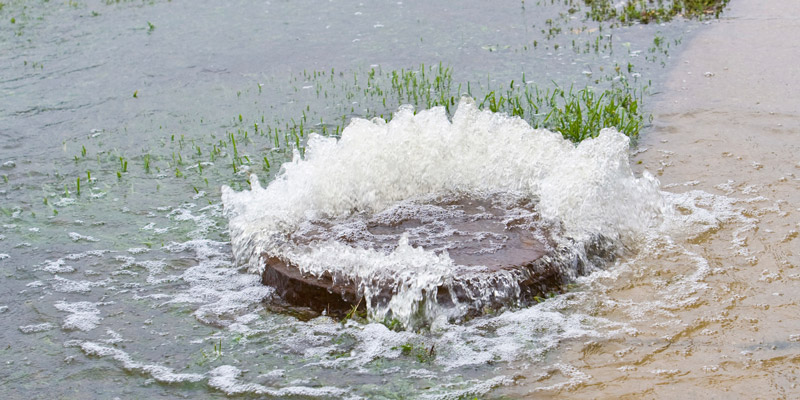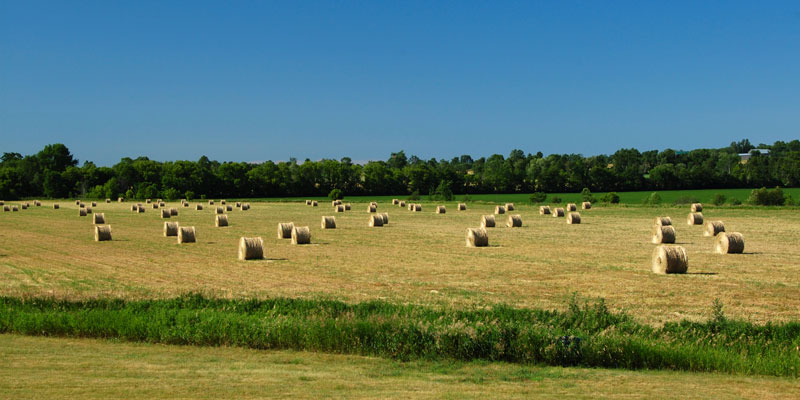Changing Trends in Water Use
Canadian Water Network (2018-2019)

Challenge
Municipal per capita water use is decreasing across Canada due to the rising use of water-efficient fixtures, updated plumbing and building codes, and an increasing trend in customer water metering. Other potential contributing factors are urban densification, where homes have smaller lawns, as well as the closure of large water-using industries.
Water conservation results in a number of benefits, but also impacts the operations of municipal drinking water and wastewater systems. Many municipalities are experiencing these impacts and are now considering potential solutions.
For more information, see the Webinar Backgrounder.
Project
In 2018 and 2019, Canadian Water Network hosted a two-part webinar series on changing trends in water use.
The first webinar explored strategies to mitigate impacts from decreasing water use on water and wastewater system operation, including increased water age and odour and corrosion issues. Four leading practitioners provided an overview of the impacts they’ve experienced in water and wastewater treatment plant operation and then discussed mitigation strategies they’ve implemented or plan to implement.
Webinar 1 recording: Managing Impacts on Water and Wastewater System Operations
The second webinar considered how utilities can mitigate impacts from decreasing water use through proactive changes in the planning and design of water and wastewater infrastructure. Five leading practitioners discussed how they are proactively adapting to changing usage trends through more efficient planning and design of water and wastewater infrastructure, including how they are incorporating uncertainty in water use into water demand forecasting in planning, policies and design.
Webinar 2 recording: Planning and Design of Water and Wastewater Infrastructure
Outcomes
Addressing the impacts of declining water use requires a holistic planning approach which better considers and provides opportunities to address changes in one element of the system — such as water demand — that might impact another element, such as water quality and wastewater collection systems. Changes in drinking water demand impact both water and wastewater system operations and long-term planning. Therefore, understanding trends and changes across the system and the implications they may have is critical to manage and design optimized systems, and efficiently allocate resources and investments.
Ultimately, it is important that water and wastewater utilities begin or continue to adapt to changing water use trends. Although these changing trends may pose operational impacts to systems, adapting to them provides utilities with significant opportunities for improving operations. These opportunities include enhancing internal communication, adopting adaptive management measures, assessing the competency of current design standards, master planning, adjusting water rate structures, and better integrating water and wastewater planning for more holistic and system-wide management and decision-making.
For more insights, see the Webinar Series Capture.




